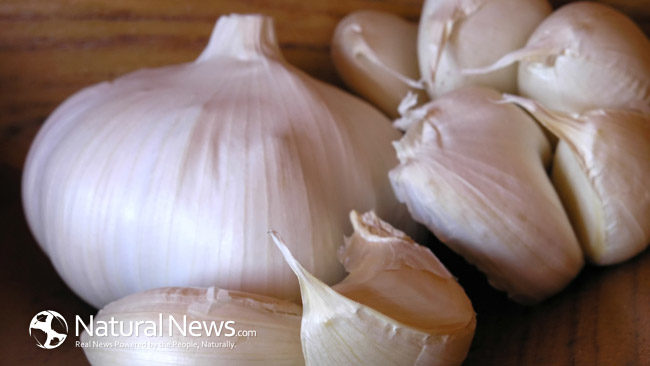Cold and flu season is upon us, and December is the month when infections become most prevalent. Each year we spend billions trying to ease the symptoms of the various winter viruses that go around, yet most treatments only subdue cold symptoms as opposed to actually eradicating them. Rather than plying your body with chemicals, your best defensive weapon is your immune system.
The single most effective cold treatment is to avoid catching one altogether, but this is of course easier said than done. There are many simple and natural remedies worth adding to your cold fighting arsenal, so have a look at a few of the best ways to minimize your risk of illness and ensure this is your healthiest winter yet.
Zinc & Garlic
When it comes to warding off colds and bolstering a wilting immune system, garlic and zinc are massively important. Zinc is found in plenty of healthy food sources such as eggs, tofu, seafood, meat and wheat germ, and taking zinc alongside garlic significantly enhances its benefits. Several studies have found that zinc also decreases the duration of cold symptoms, particularly when taken within one day of the symptoms first appearing. In addition, the acuteness of the cold symptoms are also considerably reduced.
Garlic helps relieve chest conditions and taking small quantities each day can lessen the regularity of both colds and flu. It is the compound Allicin in garlic that is so effective in fighting infection, and the best way to get this into your system is easy: simple, garlicky cooking. Just one clove a day is enough to help ward off illness, and taken with zinc is an exceptionally effective cold and flu buster.
Herbal help
Another incredibly efficient way to boost your immune system is by taking Echinacea, a plant first used by Native Americans to cure infections and help heal wounds. These days it is a vital ingredient in many treatments for viral and bacterial infections and during the winter months should be an essential part of your daily health routine. Like zinc and garlic, the sooner Echinacea is taken after the first cold or flu symptoms are spotted, the more effective it will be.
Echinacea does tend to lose effectiveness if used for a considerable period of time, which is why you should only take it when you need it most. Preferably, you shouldn’t take it for a period longer than about eight weeks, but that’s certainly long enough to cover the months you are most susceptible to a cold – December and January. The standard amount to take to ward against cold and flu is 3 – 4 ml of the liquid extract or 300 mg of powdered Echinacea three times a day.
Try Meditating
The days where the health benefits of mediation were sniffed at are long gone. Meditation has been shown to provide a mass of psychological benefits but it can also have a major effect on your physical health. Studies have shown that people who meditate regularly suffer fewer colds than those who did not and in addition, meditation has a significant effect on both the duration and the severity of the symptoms.
Meditation has been shown to reduce stress levels and anxiety, suggesting that the benefits of meditation in fighting off colds is psychological; people who meditate are better able to redirect their attention away from the irritating symptoms of a cold, which influences the “way people perceive their symptoms of illness and reduces stress.”
Get Enough Sleep
Yes, it may sound simple but getting enough sleep could be the single most effective thing you can do to stay healthy during the cold, dark winter months. Not getting enough sleep can have a devastating effect on your immune system, and even seven hours a night is enough to weaken your system. Sleeping does far more than just refuel your energy levels and give your brain a welcome break; the body repairs itself while you sleep, so the more shut-eye you’re able to get, the better your body can counter threats to the immune system.
In addition, it’s when we are sleeping that the hormone melanin is secreted, and a deficiency of melanin is associated with a diminished immune function. To maximise the quality of your sleep, you should always try to get at least seven hours and keep your bedroom very dark, as exposure to light during night time also inhibits melanin product. Lack of sleep has a direct effect on mood and if you are tired and stressed you will find it much harder to fight off infection.





